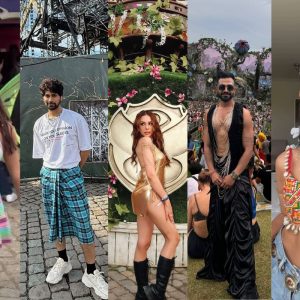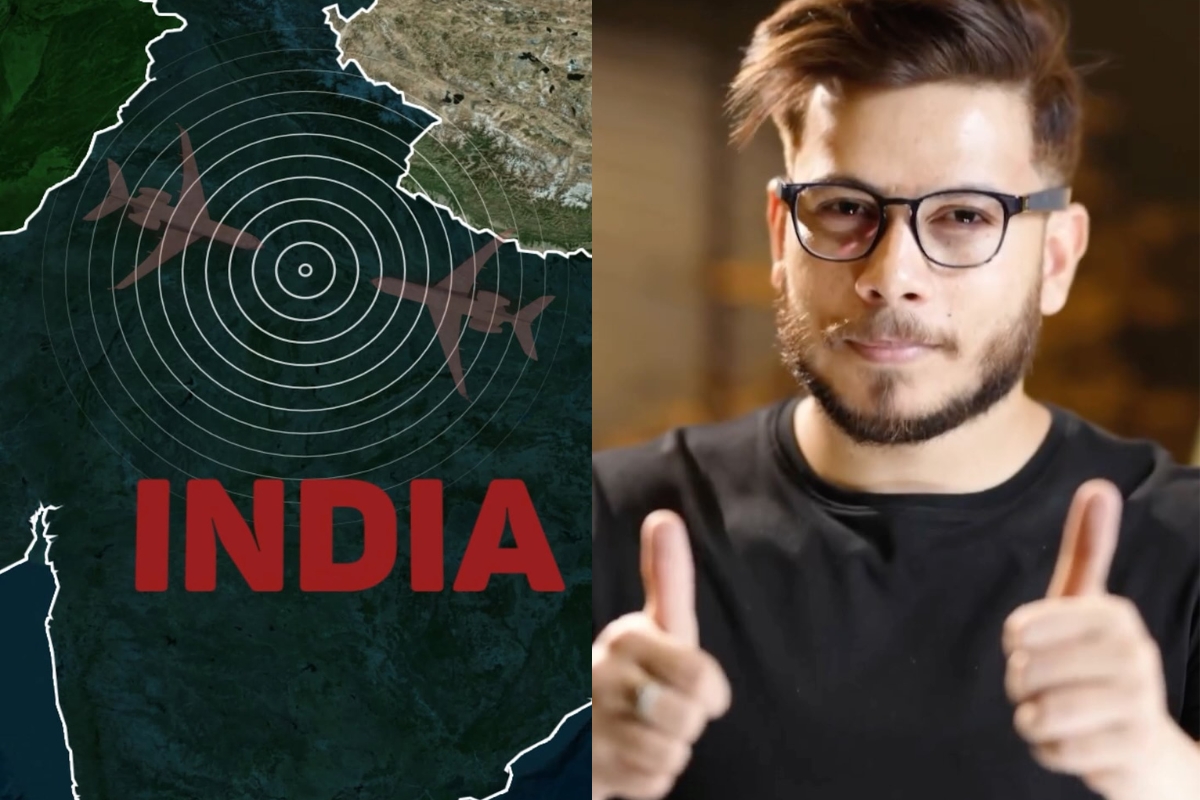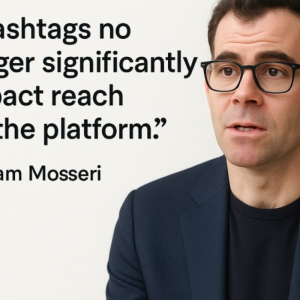Delhi-based digital influencer Nitish Rajput has claimed that his YouTube channel has been blocked in Pakistan, a move that comes amid rising tensions between India and Pakistan. Rajput took to social media platform X (formerly Twitter) to inform his followers about the restriction, sharing a screenshot of an official notification from YouTube.
In his post, Nitish Rajput wrote, “Pakistan has blocked my YouTube in Pakistan.” The notification screenshot stated that YouTube received a legal complaint from a government entity, which led to the blocking of his channel in Pakistan. The platform clarified that certain laws require it to take action and restrict content based on the jurisdiction of the country where the complaint is made.
This incident occurred following a serious escalation in cross-border hostilities. India recently launched Operation Sindoor, targeting nine terrorist infrastructure sites in Pakistan and Pakistan-occupied Jammu and Kashmir. This operation was conducted in response to a terrorist attack in Pahalgam, which resulted in the tragic loss of 26 civilian lives. Importantly, India emphasized that the strikes were focused solely on terrorist hideouts and not on military targets.
YouTube Block Sparks Online Debate
Rajput’s post has sparked a discussion online, with many questioning the censorship of independent voices and the freedom of digital content. Supporters of Rajput see the ban as a reaction to his outspoken content, which often includes political analysis, social commentary, and current affairs.
The YouTube notice stated:
“Hi Nitish Rajput. We received a legal complaint from a government entity regarding your content. After review, the following content has been blocked from view on the YouTube country site(s) listed below: Channel: Nitish Rajput.”
It added, “Google might be required to take action on your content where necessary to comply with applicable laws. Please review our Help Center article on legal complaints.”
This kind of content restriction highlights the impact of geopolitical conflicts on digital platforms. Social media and video platforms like YouTube often find themselves in the middle of such situations, having to comply with local regulations while maintaining their global accessibility and commitment to free speech.
Growing Concerns Over Digital Censorship
As more creators rely on platforms like YouTube to share their views and reach international audiences, issues of digital censorship and content restrictions by governments are becoming increasingly important. The case of Nitish Rajput’s YouTube ban in Pakistan brings attention to how political tensions can influence content visibility across borders.
Also Read : Indian Influencers React to India-Pakistan War: A Mix of Patriotism, Peace, and Responsibility
With the India-Pakistan conflict continuing to dominate headlines, creators, viewers, and platforms alike are navigating a sensitive landscape where freedom of expression, national security, and legal boundaries frequently collide.
For those following digital trends, content regulation, and freedom of speech on social media, this is yet another example of how geopolitical disputes shape the digital space.










